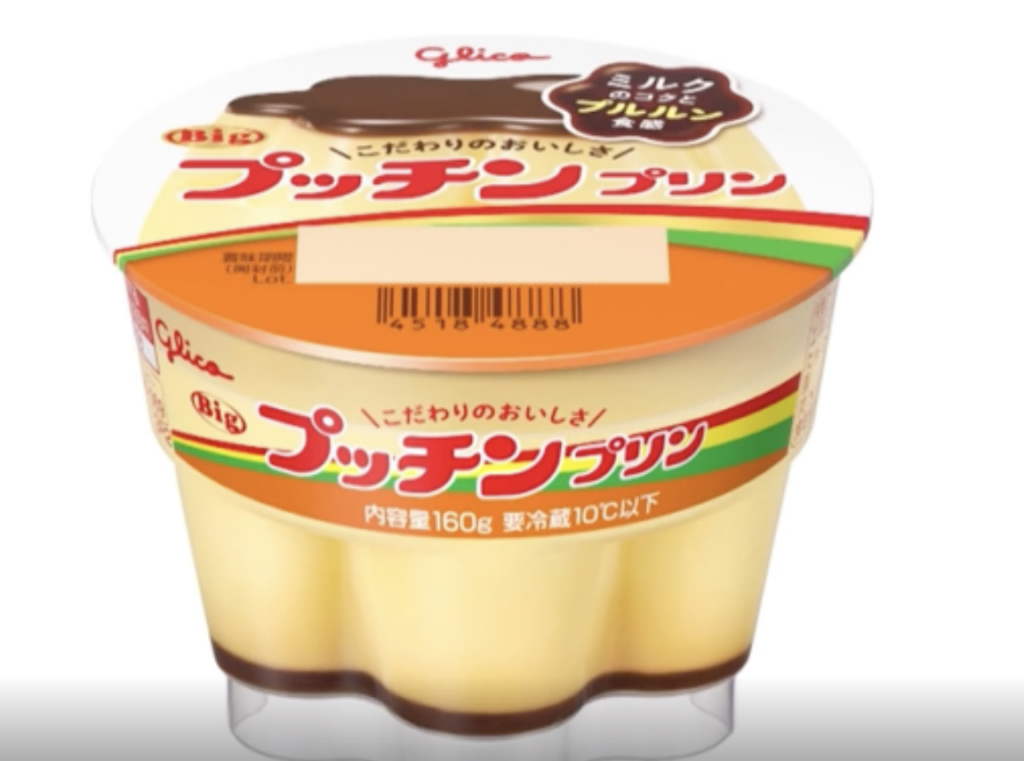
Large-scale system troubles continue at Ezaki Glico, a major Japanese food manufacturer.
Ezaki Glico has announced that it has suspended shipments of most refrigerated products due to the system failure, indicating that the situation is very severe.
The company stopped shipments of 17 brands of dairy products, Western-style confectioneries, fruit juices and soft drinks, including popular products such as “Puchin Pudding” and “Café Au Lait.” The popular products are very major products that are available in every convenience store and supermarket in Japan, and are known to children and the elderly alike The most popular products can be found in every convenience store and supermarket in Japan.
Continued trouble with the core system at Ezaki Glico has led to partial suspension of shipping operations at its logistics center, affecting the delivery of key products such as “Cafe O’Le” and “Pucchin Pudding.” The issue stems from the transition from the old core system to the SAP S/4HANA system by the German company SAP.
According to Ezaki Glico’s securities report, the company began the core system renewal project in December 2019, originally planning for completion by December 2022, with an investment of ¥21.5 billion, surpassing its operating profit of ¥19.3 billion in December 2021.
However, the project has not proceeded as planned, facing cost overruns and delays. By the end of the fiscal year in December 2021, the company had already paid ¥11.8 billion toward the project. Despite efforts to advance the project, issues arose, leading to an indefinite completion timeline by the end of December 2022, as stated in the company’s report for that period.
The magnitude of the challenges became clearer in the report for December 2023, with the planned investment increasing by approximately ¥13 billion to ¥34.2 billion, and the amount already paid exceeding the initial projection to ¥27.18 billion.
The completion deadline was further delayed by over a year to March 2024. However, on April 3, 2024, when the transition from the old system to the new one was scheduled, system failures occurred. Ezaki Glico’s public relations department acknowledged the delay in implementing the core system but refrained from providing further details.




